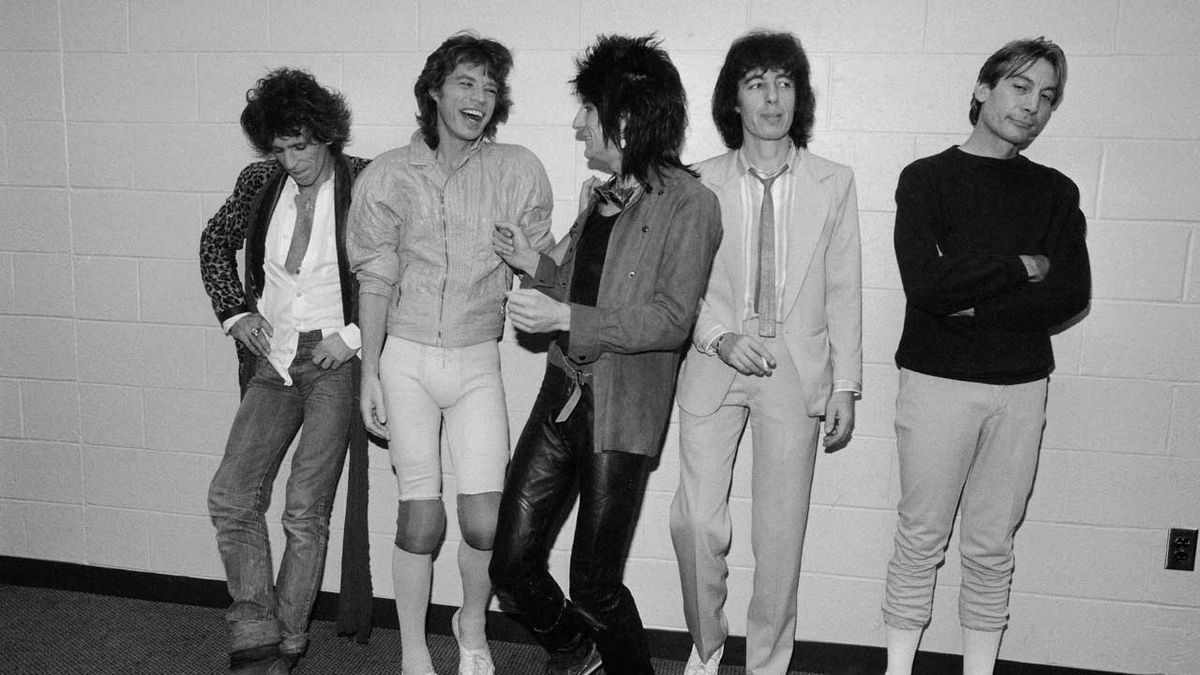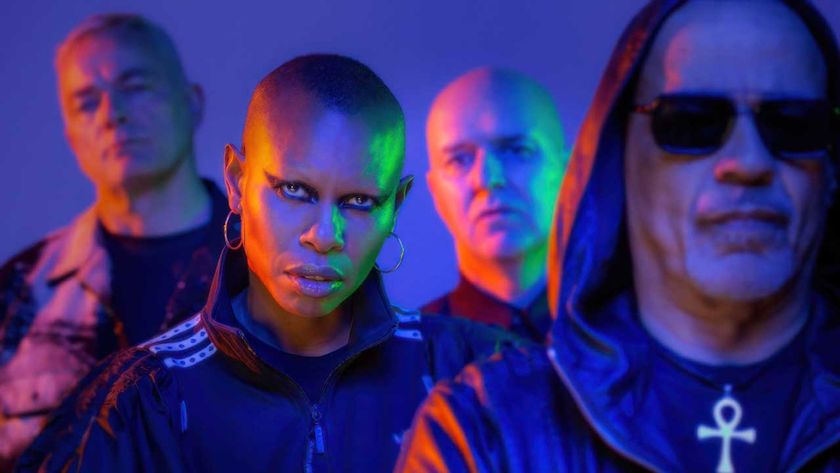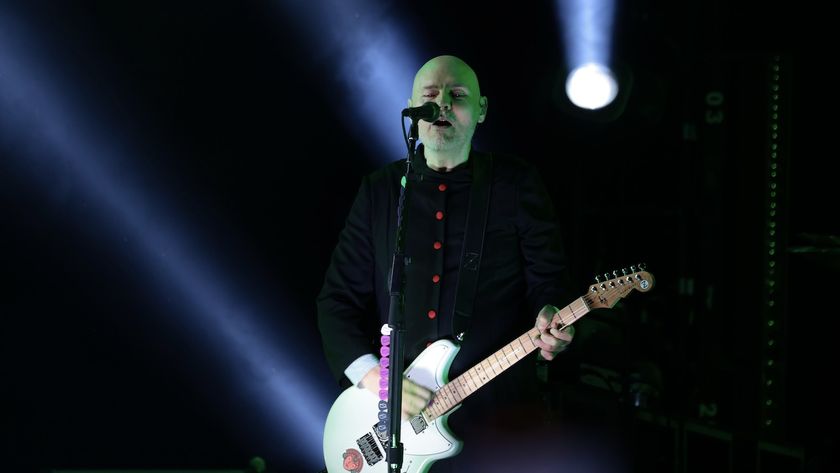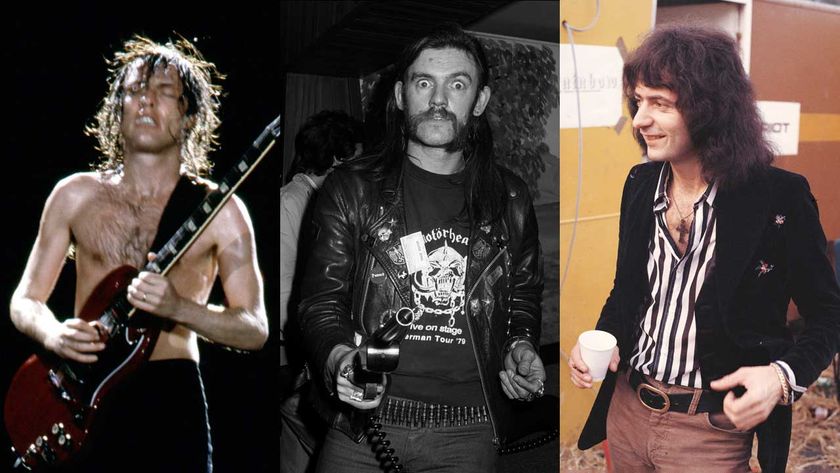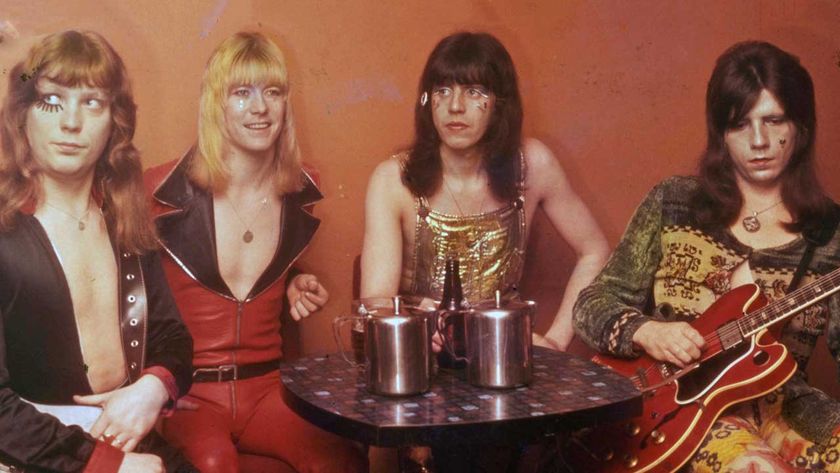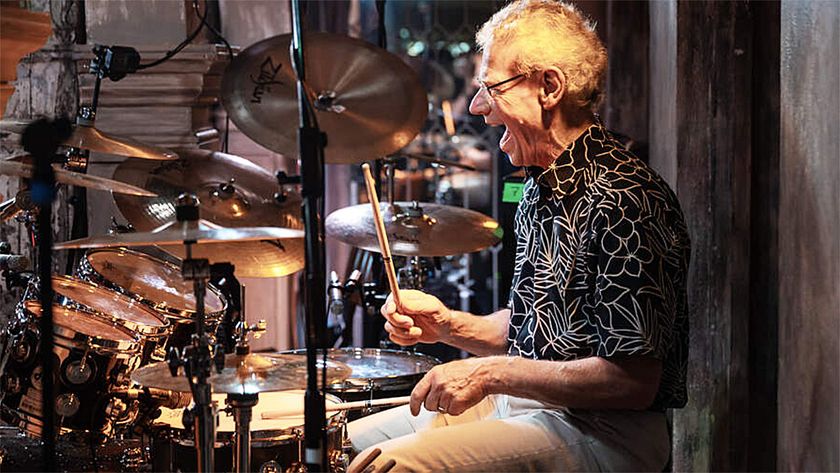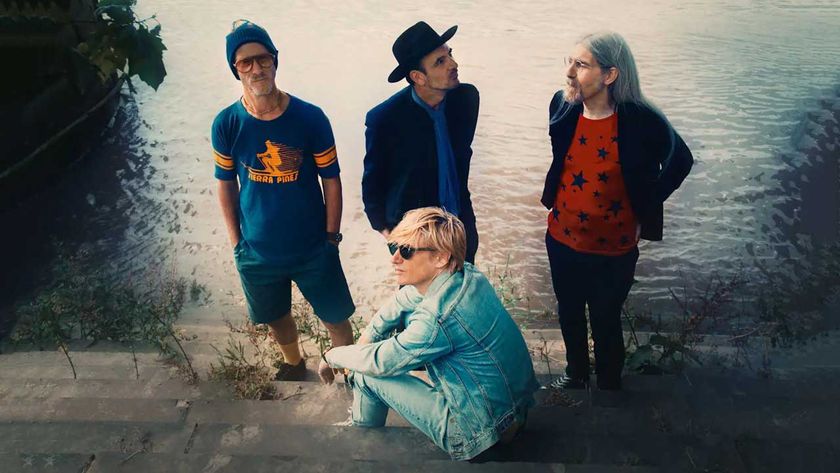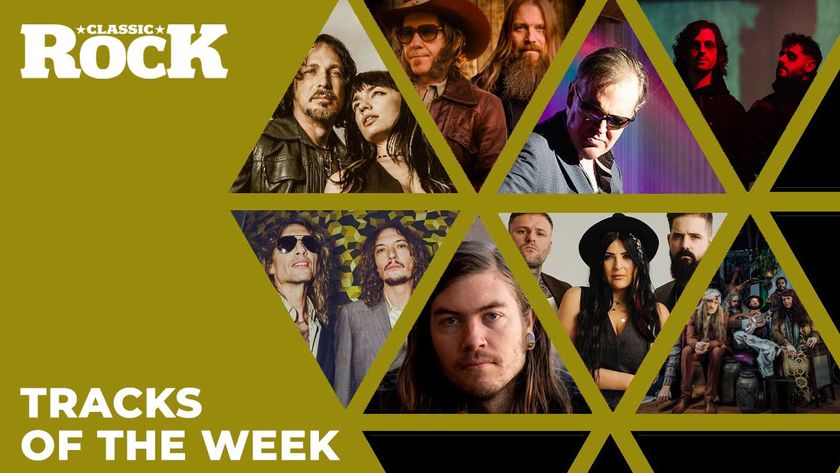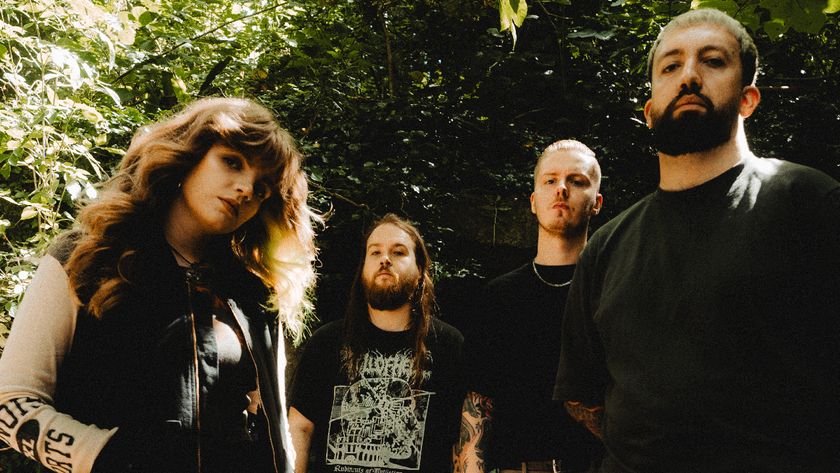With its short, sharp, instantly recognisable opening riff, insistent chorus, characteristically lascivious lyric, upfront handclaps and irresistibly pounding backbeat, Start Me Up is about as iconic a composition as the Rolling Stones have ever produced.
Its undeniable assault on the nation’s collective consciousness gave them their highest-ranking UK single since the global phenomenon that was Miss You (though, perhaps incredibly, it also marked the last occasion upon which the Greatest Rock’N’Roll Band In The World found themselves going Top 10 in the UK singles chart – recent single Angry crept into the chart at #34).
The gift that kept on giving, the song also netted the Stones a reported $14 million when it was personally selected by Bill Gates to soundtrack Microsoft’s first-ever TV commercial. Not bad for an initially abandoned, reggae-flavoured studio jam that almost never saw the light of day.
Back in ’81, the Stones were looking to tour and, as was their custom, needed a new studio album to tour behind, but unfortunately, according to Start Me Up’s associate producer and recording engineer Chris Kimsey: “Mick [Jagger] and Keith [Richards] had had a big falling out and weren’t really talking. Prince Rupert Loewenstein – who was the band’s manager at the time – asked me, ‘What are we going to do to get another album?’
"So I said I knew of at least six tracks I’d recorded with the band during sessions for Some Girls and Emotional Rescue we could use, and I’d go into the vaults to see what else was hanging around. So I spent the next four months going through everything and found this wonderful collection of songs.”
A wonderful collection of songs that, once augmented with fresh vocals and the odd overdub, would go quadruple platinum while topping the Billboard charts under the title Tattoo You.
While Tattoo You was a relatively low maintenance album for the Stones to make, going back into the studio to touch up out-takes wasn’t exactly a task that filled any hearts with gladness.
“Once I found everything,” Kimsey continues, “I had to try to drag Mick in to put the vocals on, which he didn’t really want to do. And then when he did the vocals he was so budget-conscious that we ended up in the Stones’ mobile [studio] in a railway warehouse on the periphery of Paris in winter. I remember it was so cold when we did the handclaps on Start Me Up that you could see the breath coming out of everyone’s mouth.”
Despite the fact that Start Me Up is so intrinsically rock as to be a virtual caricature, with its slack-jawed, two-chord, staccato riffing allied to Mick Jagger’s irretrievably priapic, oiled-up sex machine of a lyric (which culminates in the venerable vocalist’s priceless deployment of the assertion that ‘you make a dead man come’), its original incarnation was a different kettle of fish. As Keith Richards, in his own inimitable style, explains.
“Start Me Up had been in the can for five or six years. We had 45 takes of it that we’d done in Rotterdam in ’75, ’76, something like that. And every take, except for one, was reggae… [Sings] ‘Start Me Up… puh-chick-oo-papa…’ [Keith gets irie, it’s quite a sight.] And then it went into this bizarre, like… [Keith thinks about getting even irie-er, but decides against it.] It’s definitely a reggae song, that’s what it is, but some time around about take 36, I hit one version, and Charlie’s with me, which was the rock’n’roll version.
“Then we totally forgot about it, because then came another 10 reggae versions, but it never took off for us that way. I’ve heard Jamaican bands make a damn fine version of it, but no wonder it didn’t work – we’re not Jamaicans. That’s the thing, my God, it could have slipped right by us. Sometimes you should just pick up what’s there: you never know, there could be a gem in there that passed right over you while you were doing things another way because your mind was set the other way. But that was a fluke, quite honestly… I love flukes.”
Originally entitled Never Stop, the embryonic reggae version of Start Me Up was possibly closer to Richards’ heart than he’s willing to admit, Kimsey remembers.
“Start Me Up had been around since Black And Blue days as a reggae idea of Keith’s, and Keith was vehement; he really wanted to keep it reggae. It’d always pop up as a reggae groove, but then it got less reggae and eventually, when it was recorded as we know it, we only recorded two takes.”
The Stones’ time-honoured modus operandi was, and remains, to jam their compositions into being rather than strictly working to set pre-written arrangements, and Start Me Up / Never Stop was no exception, as Kimsey recalls.
“A lot of the Stones’ songs would take about four or five days to nail. They would play each song for three or four hours, then move onto a new one. That was the pattern of recording. Then one day it would be, ‘Oh wow, that’s a really good version of that one,’ and we’d keep that take and move on. I’m pretty sure that it wasn’t long after we finished Miss You before they launched into the version of Start Me Up that we know now. So, if my memory serves me correctly, Start Me Up was pretty much recorded at the same time as Miss You.”
Even with the rock version of Start Me Up in the can, Richards was apparently far from happy.
“When it was recorded,” concludes Kimsey, “Keith had a listen, and Keith was not enamoured by it. He said, ‘That sounds like something I’ve heard on the radio. Get rid of it.’ And I didn’t [laughs]. I’ve seen them do it a number of times live and whenever I’m there – I don’t know if he does it on purpose – but he’ll always play the wrong chords at the beginning…”
The Rolling Stones' new album Hackney Diamonds is released on October 20.
